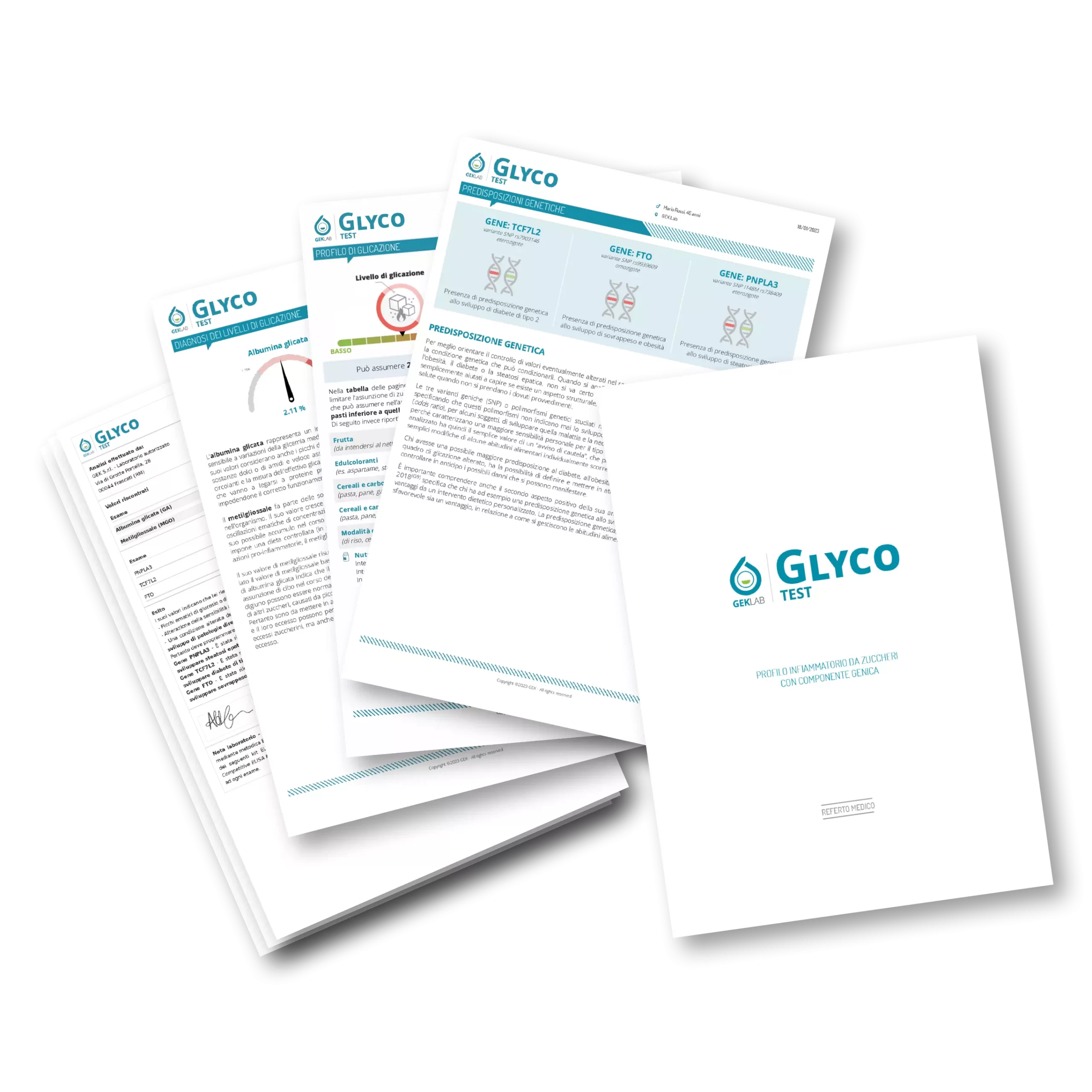
Ozempic is the brand name for the injectable medication containing semaglutide (the oral formulation is called Rybelsus). It was originally developed for the treatment of type 2 diabetes and has also shown significant effects on weight loss.
How does Ozempic work?
Ozempic is a GLP-1 (glucagon-like peptide 1) receptor agonist. But what does that actually mean? An agonist is a substance that binds to a receptor, a sort of “door” on the body’s cells, and activates a response. In the case of Ozempic, the GLP-1 receptor is located on the cells of the pancreas and brain, and Ozempic “mimics” the action of GLP-1, a substance released by intestinal cells when they sense incoming sugars, signaling a feeling of “fullness” to the body.
When Ozempic binds to these receptors, it mimics the action of this natural hormone, which performs several important functions:
- Stimulates insulin secretion: insulin is a hormone produced by the pancreas that helps regulate blood sugar levels by allowing cells to absorb glucose.
- Reduces glucagon secretion: glucagon is another hormone produced by the pancreas that has the opposite effect of insulin, increasing blood sugar levels, for instance, when the body is fasting. Ozempic reduces glucagon production, helping to maintain stable glucose levels (it’s worth noting that although GLP-1 stands for “glucagon-like peptide 1”, it actually has an effect opposite to that of glucagon).
- Reduces appetite: Ozempic acts on the satiety centers in the brain, reducing the feeling of hunger.
- Delays gastric emptying: this means that food stays in the stomach longer, prolonging the feeling of fullness. This effect is due to the action of GLP-1, which slows the movement of food from the stomach to the intestine, thus contributing to better appetite control and improved blood sugar management. When taking Ozempic, this effect may also slow the absorption of other medications.
Benefits of Ozempic
Ozempic offers numerous benefits for both diabetic patients and those seeking to lose weight. Clinical studies have shown that the use of semaglutide leads to a significant reduction in body fat, which is crucial for individuals who are obese or overweight with related conditions such as hypertension, dyslipidemia, or sleep apnea. Additionally, for patients with type 2 diabetes, Ozempic improves glycemic control by helping to stabilize blood sugar levels and reduce the risk of cardiovascular complications.
Limits and considerations
Despite its benefits, Ozempic also has some limitations. One of the main issues is the rebound effect: when the drug is discontinued, there is a strong tendency to regain the lost weight. This happens because appetite levels return to normal and pre-treatment eating habits often resurface.
Additionally, after several weeks of treatment, many patients experience a plateau, a period where weight loss stabilizes and becomes less noticeable or stops altogether.
Another aspect to consider is the loss of muscle mass. The rapid weight loss associated with reduced calorie intake necessary to maintain muscle-building processes often leads to a decrease in lean mass, which is detrimental to overall health and basal metabolism. Furthermore, the appetite reduction caused by the drug can lead to nutritional deficiencies if proper attention is not given to maintaining a balanced diet.
Common side effects of Ozempic include nausea, vomiting, and diarrhea, especially during the initial weeks of treatment. There are also concerns regarding pancreatitis and thyroid tumors, although these are rare events. It is essential that treatment is followed under medical supervision to monitor any adverse reactions and ensure the drug is used safely and effectively.
Not a magic solution, but an effective aid
The central message is that while Ozempic can be a significant aid in the weight loss journey, it is not a magic solution. It is essential to take it under medical supervision and combine it with lifestyle changes to achieve lasting results. This includes balanced nutrition, regular physical activity, and ongoing monitoring of blood sugar levels to prevent long-term complications.
Strategies for long-term success
To fully harness the benefits of Ozempic, it is essential to adopt an integrated approach to weight loss. Maintaining an active metabolism through physical exercise and adopting healthy eating habits is crucial for preserving muscle mass, which is essential for sustaining results. Additionally, monitoring glycation levels enhances Ozempic’s effectiveness, and ensuring that the diet is rich in essential nutrients helps prevent nutritional deficiencies and improves overall health.
Unfortunately, many people use Ozempic without paying attention to their nutritional choices: appetite decreases, and eating less becomes the sole relevant goal. However, the weight loss effect often stalls shortly after starting, and upon discontinuation (whether planned or due to difficulties in accessing the medication or its cost), weight often returns to previous levels, and sometimes even higher, very quickly.
A sensible and reasonable approach to using Ozempic involves utilizing some “tricks” made possible by new scientific knowledge on glycation.
- Give breakfast the highest value possible. It is documented that even eating little, if that little is eaten right after waking up (or after physical activity), there is a metabolic activation and increase in lean mass that does not occur when eating mostly in the evening.
- Maintain adequate physical activity to prevent muscle mass loss. If muscle diminishes, the tissue supporting our metabolism reduces as well: discontinuing Ozempic would result in excess calories, facilitating rapid weight gain.
- Measure your glycation levels and verify them using Glyco Test, to be repeated periodically, to ensure you have established a personalized dietary regimen that allows you to maintain the long-term positive effects of Ozempic. If a person continues to eat smaller amounts of food, introducing fewer calories but in an unbalanced way, with a relative excess of carbohydrates, sugars, and glycation substances (including fruits and sweeteners), glycation levels will remain elevated. This will promote a metabolic slowdown that, upon discontinuation of Ozempic, will make the so-called rebound effect evident and intense.
Conclusion
Ozempic (along with some of the similar drugs being identified) represents a promising therapeutic option not only for managing type 2 diabetes but also for weight loss. However, to achieve sustainable results, it is essential to integrate it with lifestyle changes and personalized medical monitoring. Only in this way can the benefits of the treatment be fully exploited and potential risks and limitations minimized, ensuring lasting improvements in health and well-being.
By the Scientific Editorial Team at GEK Lab
No post found!


